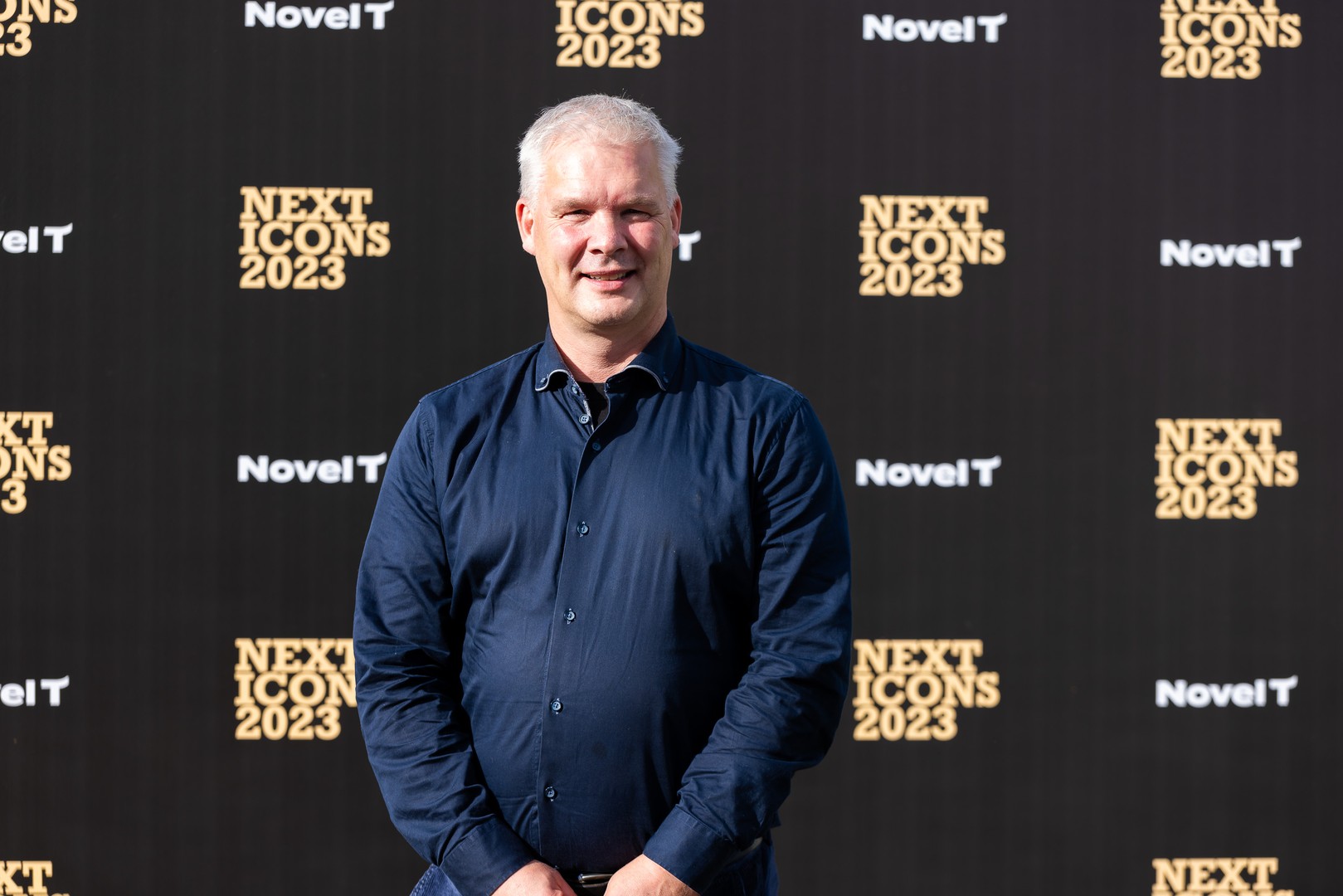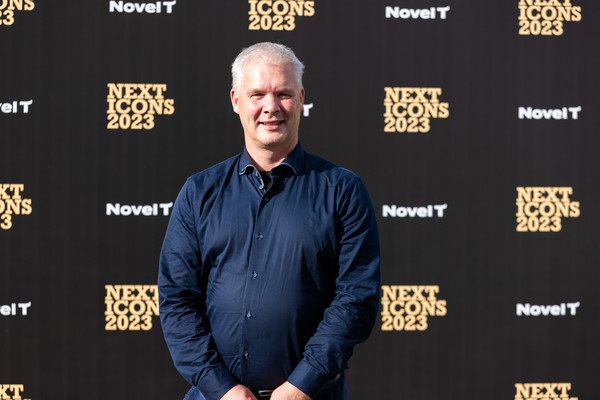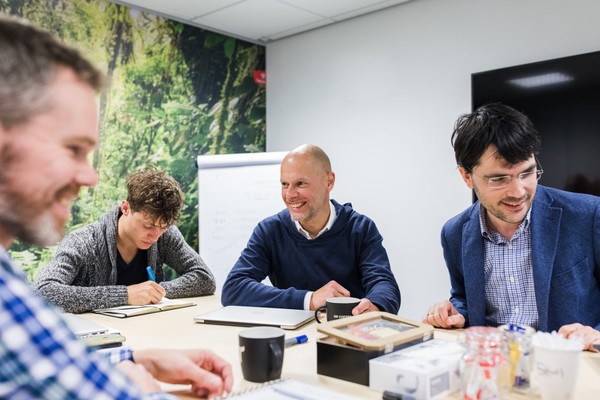cases >> OneThird
NEXT ICON: ONETHIRD

NEXT ICON: ONETHIRD
One-third of our food is wasted, 40% of which concerns fresh produce. With so many people in the world not having enough to eat, those numbers are unacceptable, thought Marco Snikkers. That's why he started OneThird, a company that uses photonics and machine learning to accurately determine the shelf life of fresh produce. Marco talks about how his innovation works and the impact OneThird is making - now and in the future.
This story was previously published in the Next Icons Magazine. You can read the entire magazine here.
OneThird - that name is no coincidence, is it?
Marco: "No, it isn’t. That name serves to remind us of our mission to prevent food waste. In fact, a full one-third of our food is currently thrown away. Imagine using an area the size of China as farmland, growing and harvesting crops on it, and then dumping it in the trashcan. That is essentially what is happening now. Especially when you're talking about fruits and vegetables, shelf life is a race against time. But what if you knew the shelf life at any point in the chain? Then you could make better decisions, such as having a container of plums processed into jam instead of throwing them away when it looks like they will spoil quickly. This way, we aim to ensure that less food goes to waste, with the ultimate goal that our company name no longer means anything, haha!"
So you are not extending the shelf life of fresh food, but rather determining it. How does that work?
Marco: "We developed an optical scanner that can use photonics to scan the product. When you put a strawberry on it, for example, the device measures the molecular structure such as amount of water and sugars. The ratios change as time passes. Using an extensive database and algorithms, we can then estimate in real time how long the strawberry will keep. Then we can give appropriate advice on what to do with that batch: pass it on to the supermarket, or process it in another way. This method makes a big difference compared with the current situation. Now the inspector estimates shelf life by cutting the product and inspecting it. This is a random sample. From two trays that look fresh, one may keep for eight days, and the other may be moldy after three days. With our tool, we can spot that in advance and prevent that container with mold from going to the store. In this way, we make the inspector's job easier and save a lot of time. And that's no luxury when you're talking about shelf life of perishables."
Saving a significant amount of time, less food waste... That's already a great impact. How far does the impact you make go?
Marco: "You can think of it as a kind of chain reaction. A quarter of the water is used on crops that will never be eaten. So less food waste also means saving water. In addition, you ensure fewer emissions throughout the chain when you address food waste. So that's good for the world, but it's also good for people. If we waste less food, fruits and vegetables can become cheaper. That economic benefit can then passed on to farmers, and for consumers it becomes more attractive to make healthy choices. In turn, this has positive effects on public health, which then reduces the pressure on health care. So you see the positive impact in many ways."
And all because of a small, ingenious device. Couldn't we have figured that out much earlier?
Marco: "That would have been nice, of course, but it has come about now because the technology is now available. I have been in the world of photonics for 30 years, and now is the time for this kind of innovation. People are also now more aware that we need to better good care of the earth. Using technology to solve problems that impact us and the earth is what innovation means to me. And then continuing to improve that technology all the time. Similarly, we are always monitoring what is available. New cameras, sensors... Always asking if that technology can help us in our mission.
The great thing is that we are not developing the fundamental technology ourselves, but we need it. We are like the bridge between technology and the market. For this role, you need to have a good understanding of how the technology works. It is crucial that our team is technically savvy, and at the same time keeps the focus on the customer. I am super proud of the team we have now, which is still expanding. You can have an amazing idea, but the team makes the business. Together, we are working toward our mission of eliminating food waste."

"Imagine using an area the size of China as long-term farmland, growing and harvesting crops there, and then throwing it in the trash."
Marco Snikkers
CEO OneThirdMore about
OneThird
The founders of OneThird were all shocked to discover that a third of all the food produced in the world is wasted. Since then, it has been their mission to solve this. They even named themselves after this fact. They were founded in 2019 in a digital incubation hub for Halma, a FTSE 100 company, and are backed by Ocean Insight, the leaders in applied spectral knowledge. Over the past two years, they have raised $2M+ in funding to develop technology and algorithms ideal for reducing waste in the food supply chain. They are backed by Pymwymic, SHIFT Invest, Oost NL and Halma PLC.






